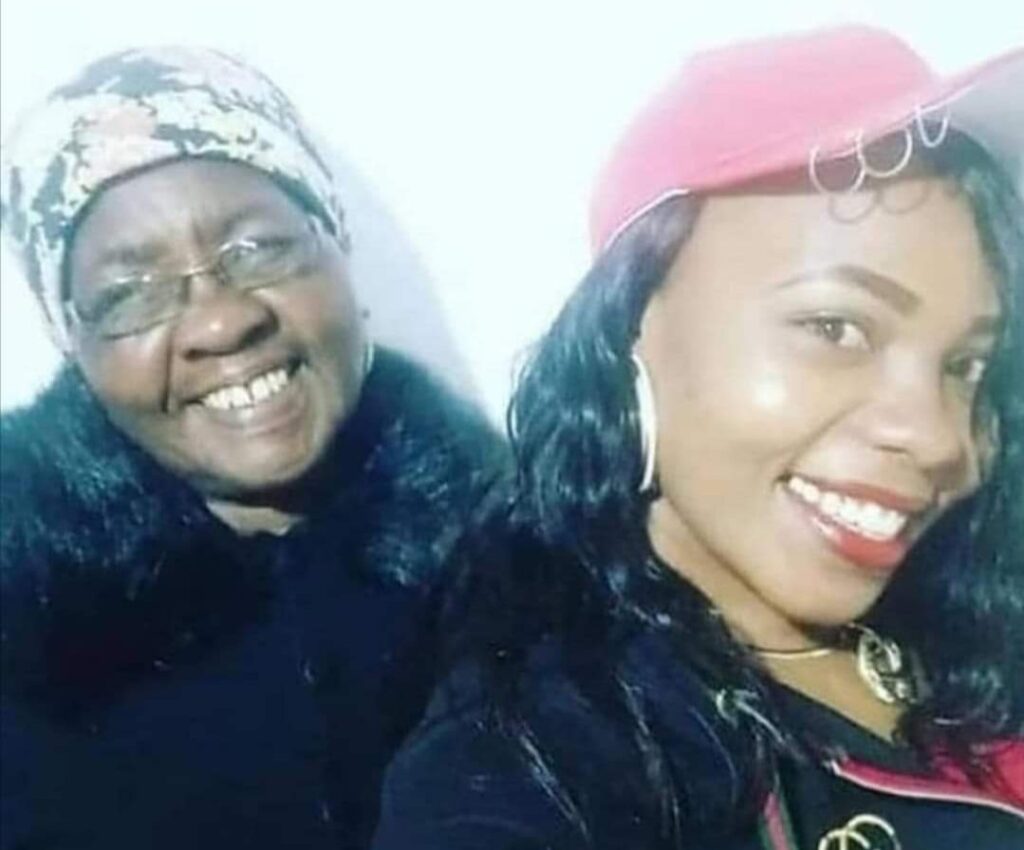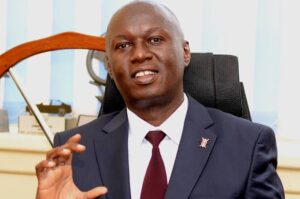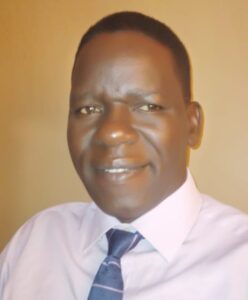Surviving as an Adult After Losing Your Mother: Navigating Grief and Finding Strength

Dr Ekrah Ndungu with her late mum
The death of a mother is universally acknowledged as one of life’s most profound losses, yet when it occurs in adulthood, the grief is often deeper, more complex, and filled with layers of unresolved emotions. Dr. Ekrah Ndungu, Chairperson of the Kenya National Association of Private Colleges (KENAPCO), understands this pain intimately. Having lost her own mother in 2020, Dr. Ndungu reflects on the unique grief of losing a mother as an adult and the lessons she has learned through the painful journey of loss.
The Reality of Losing a Mother as an Adult
Unlike the loss of a mother during childhood, when much of life’s decisions are still ahead, losing a mother as an adult marks the end of a significant, lifelong relationship—one where her wisdom, support, and guidance have often been a cornerstone of a person’s emotional and psychological foundation. In Dr. Ndungu’s case, her mother’s influence was profound. She recalls her mother’s deep love for God, her unshakeable resilience, her infectious laughter, and her firm yet loving military-style parenting, which shaped Dr. Ndungu into the person she is today.
“As the last-born and only daughter, I was very close to my mother,” Dr. Ndungu says, her voice tinged with both love and sadness. “She was my anchor, the one I could turn to for counsel, strength, and advice. Her absence leaves a huge void, one I feel daily.”
Navigating Grief While Living
One of the most challenging aspects of losing a mother as an adult is that life doesn’t pause. As Dr. Ndungu points out, while grieving, you are still required to carry on with the practical aspects of life—work, family obligations, and other daily routines. The pain of losing a mother can feel like a weight that makes it difficult to find joy in anything, as the absence of her presence creates a profound emptiness.
“The early stages of grief were like walking through a fog. I couldn’t focus, I couldn’t find peace. It’s like the world becomes numb, and it feels like everything you once relied on is now uncertain,” she reflects.
Yet, she also emphasizes the importance of allowing oneself to fully grieve, a process that doesn’t follow any timeline. “There are days when I feel sadness, guilt, even anger. At other times, there’s relief, especially since her illness caused so much suffering. Grief is complex, and we must give ourselves permission to feel it all,” she explains.
Reflecting on Her Mother’s Legacy
For those facing similar losses, Dr. Ndungu’s advice is to find comfort in the legacy of the loved one. Though her mother’s physical presence is gone, Dr. Ndungu continues to draw from the lessons her mother imparted to her. “My mother taught me the importance of resilience, of trusting in God, and of staying grounded. I often ask myself, ‘What would Mom do in this situation?’ It’s as if she’s still guiding me, even though she’s no longer here.”
She also notes the power of reflecting on your mother’s teachings to help navigate life without her. “Her wisdom is embedded in me,” Dr. Ndungu says. “I carry her lessons with me, and in some ways, I feel like she’s still here, guiding me.”
Seeking New Sources of Guidance
While no one can replace a mother, Dr. Ndungu emphasizes that finding new sources of guidance and support is essential. She suggests reaching out to trusted friends, mentors, or even professional counselors to help guide you through difficult times. In her case, faith has been a constant source of strength. “I found peace in turning to God. My mother was a woman of deep faith, and I believe she is now with God, watching over me.”
Additionally, Dr. Ndungu advises adult children to practice self-leadership and not to fall into the trap of seeking out a “replacement mother.” The pain of loss can sometimes lead people to seek surrogate figures who may, unintentionally or otherwise, mislead them or take advantage of their vulnerability.
“Accept that your mother is no longer there, and learn to trust your own judgment and inner wisdom,” she states firmly.
Rebuilding Life After Loss
As the fifth anniversary of her mother’s passing approaches, Dr. Ndungu reflects on how far she has come in rebuilding her life. She acknowledges that the process of healing is ongoing, but it is possible. For her, creating rituals that honor her mother’s memory has been a powerful part of the healing process. “I keep her memory alive by making her favorite meals on her birthday or lighting a candle in her honor. These small acts help me feel connected to her, even though she’s not physically here.”
Dr. Ndungu also stresses the importance of community support. “Grieving doesn’t have to be a solitary journey. It’s okay to lean on others, whether it’s family, friends, or support groups. Sharing memories and leaning on people who understand your pain can be incredibly healing.”
Conclusion: Embracing a New Chapter
Losing a mother as an adult is undoubtedly one of the most difficult experiences anyone can face. But as Dr. Ndungu has learned, the process of grieving and rebuilding is not about erasing the memory of your mother. It is about integrating her legacy into your life, trusting in the wisdom she instilled in you, and finding new ways to navigate life’s challenges.
“The pain never fully goes away,” Dr. Ndungu admits, “but with time, you learn to live with it, and even more, you learn to honor your mother’s memory by embracing the strength and wisdom she gave you.”
Her journey of grief, resilience, and self-discovery is a testament to the enduring power of a mother’s love and the possibility of finding peace and strength, even after the deepest of losses.





